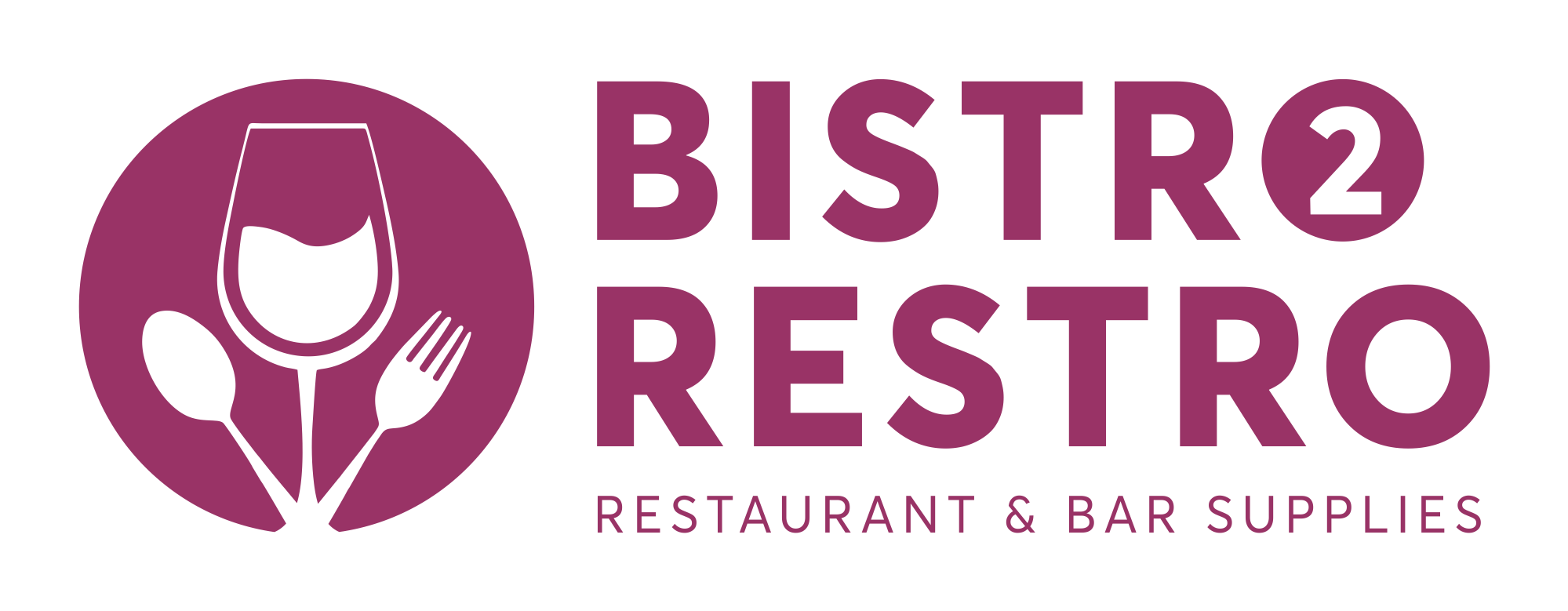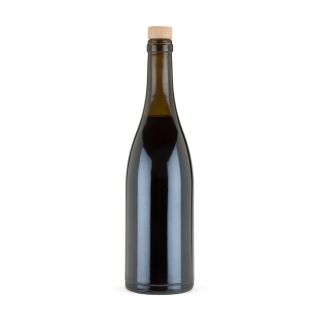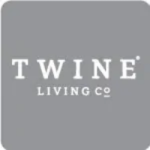Wine Cork Stoppers and Accessories
Cork stoppers are the most traditional and widely used wine bottle closures. They offer several advantages and have been the preferred choice for centuries.Cork Stoppers by BistroToRestro are handcrafted to preserve the integrity and flavor of your favorite wines.
Advantages of Cork Stopper
Cork is a natural material made from the bark of cork oak trees. It is also breathable. It is porous, allowing a small amount of air to exchange through the stopper. This micro-oxygenation aids in the wine's graceful aging and the development of complex aromas and flavors.
- Sealing Ability: Cork compresses when inserted into the bottleneck, creating a tight seal that prevents leaks and protects the wine from spoilage.
- Traditional and Sustainable: Cork is a renewable and long-lasting resource. Cork bark can be harvested every 9-12 years without harming the tree.
- Aesthetics: Cork stoppers add an air of elegance and sophistication to wine bottles. They are also available in a variety of sizes and styles to match various bottle shapes and designs.
Types of cork stoppers:
- Natural Cork: This is the traditional type of cork stopper and is made from 100% natural cork. It is the most affordable option but can be more susceptible to cork taint, a condition where the wine develops a musty flavor due to contamination with a compound called TCA.
- Agglomerated Cork: This cork is made of recycled cork particles that have been glued together. It is less porous than natural cork and is less likely to suffer from cork taint. It is, however, less breathable than natural cork and may not allow the wine to age as well.
- Technical Cork: This type of cork is made from a combination of natural cork and other materials, such as plastic or rubber. It is designed to offer the best of both worlds, providing a tight seal while still allowing some micro-oxygenation.
- Composite Cork: These cork stoppers are made of cork and other materials such as wood or glass.
Choosing the Right Cork Stopper:
The best type of cork stopper for your wine will depend on several factors, such as
- The type of wine: Red wines typically require more micro-oxygenation than white wines. For red wines, a natural cork or technical cork may be a good option.
- The age of the wine: Younger wines can benefit from a more porous cork, while older wines may require a tighter seal.
- Storage conditions: If you are storing your wine for a long period, a technical cork or agglomerated cork may be a better choice, as they are less likely to shrink or leak.
- Budget: Natural corks are the most affordable option, while technical corks and composite corks are more expensive.
Cork stoppers are a versatile and reliable choice for wine closures. They offer a combination of tradition, sustainability, and functionality, making them a favorite among winemakers and wine enthusiasts alike.
Cork for Wine Stoppers
Cork is the most widely used material for wine stoppers, and for good reason. While other stopper options exist, cork offers a unique set of benefits that make it ideal for preserving and aging wines. Cork is the natural bark of the Quercus suber tree. This Mediterranean tree can be found in Portugal, Spain, France, Italy, and North Africa. The bark is harvested without harming the tree every 9-12 years, making it a renewable and sustainable resource.
Benefits of using cork:
- Breathability: Cork is naturally porous, allowing a small amount of air to exchange through the stopper. This micro-oxygenation is essential for the aging process of red wines, as it helps to soften tannins and develop complex aromas and flavors.
- Sealing ability: Cork compresses when inserted into the bottleneck, creating a tight seal that prevents leaks and protects the wine from spoilage caused by bacteria and oxidation.
- Sustainability: As mentioned before, cork is a renewable resource. Harvesting the bark has no negative effects on the tree and allows it to continue growing and producing cork for future generations.
- Cost-effective: Compared to other stopper options, such as glass or screw caps, cork stoppers are relatively affordable. Discover the timeless tradition of sealing wine bottles with BistroToRestro's cork stoppers.
FAQs
How does cork contribute to wine preservation?
Cork stoppers form a natural and breathable seal, allowing a small amount of oxygen to interact with the wine and promote a gradual aging process while preserving the wine's flavors.
Can we use cork stoppers on both red and white wines?
Yes, cork stoppers are versatile and suitable for sealing both red and white wines. They are effective in preserving the characteristics of various types of wines.
How do I care for and maintain cork stoppers?
Store wine bottles in a cool, dark, and humid environment to preserve the quality of cork stoppers. When opening a bottle, use a corkscrew to ensure a clean extraction without damaging the cork.








